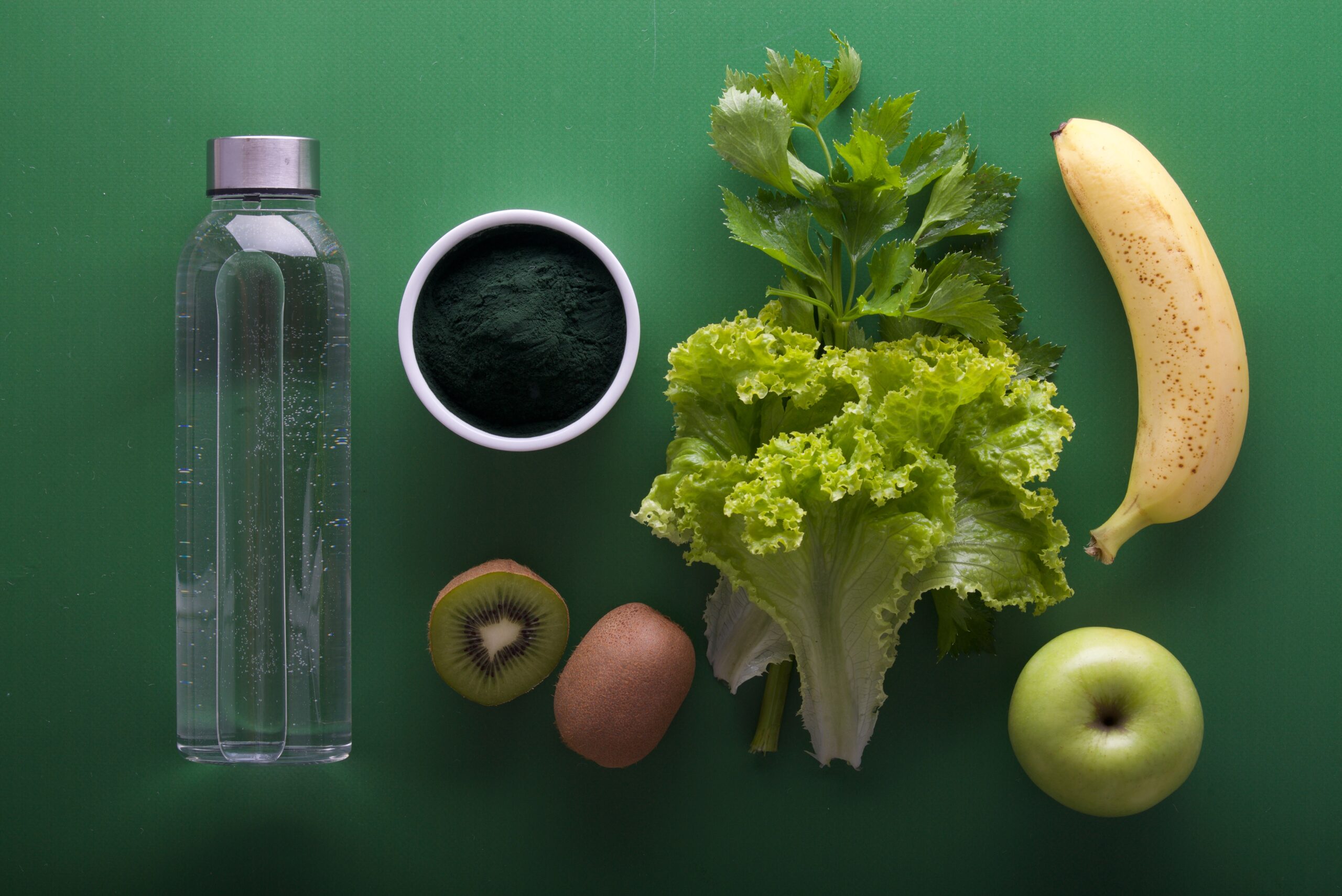2023 – The year of seismic shifts, seasonal insights and up-and-coming trends.
2023 in Trends
The food system is undergoing a dizzying level of unpredictability and change off the back of worldwide issues like inflation, supply chain disruptions, changing consumer desires and technological advancement. Despite the instability, several food trends are emerging for 2023 according to the International Food Information Council (IFIC). Among these trends is a shift towards healthy beverages, demands for probiotics and protein, as well as a focus on superfoods and functional eating.
Wellness At The Forefront
Throughout the COVID-19 Pandemic, many Australians feel like they overindulged, helping to shape the 2023 trends on health and fitness, intuitive eating, weight watching and sourcing alternatives for fast food. Seasonal eating is also a focus with immunity boosters and soups key for the colder months, while low calorie, healthy dinners take centre stage throughout the Spring and Summer.
Australians are taking charge of their health in 2023, with News Corp data showing that 91% of consumers are consciously paying attention to health and wellness. Low carb and gluten free are highly searched terms so far this year which reinforces the importance of variety when it comes to healthy products and meal options.
Fast food consumption has steadily risen since the onset of the pandemic. This has forced a re-evaluation by Australian consumers based on health and financial reasons, with shoppers now searching for home-cooked meals that emulate fast food.
Impact of The Cost of Living
With three quarters of Australians experiencing increased cost of living pressures, we should expect more grocery shoppers to shift their spending habits over the coming 12-18 months. Cutting back on ingredients and items that are perceived to be expensive, such as some dairy products, non-alcoholic drinks and bread & cereal products.
Consumers are cutting spending on takeaway food, but there has been an uptick in dining out due to the experience offered – something that was taken away during the COVID-19 pandemic.
COVID-19 Impact
The effects of the pandemic are still being felt throughout Australia and this is forecasted to continue through 2023.
Eating at home has increased by approximately 38% and people are becoming increasingly health conscious, with increases in vegetarian diets and holistic eating. Consumers are more open minded about trying new things, including food types and brands.
Convenience is a key trend following the pandemic, with a large portion of Australian consumers classified as time poor cooks who feel they don’t have enough time in the day. There has also been a shift away from ‘quick and easy’ meals, towards ‘fast and effortless’ recipes including one pan dishes and tray bakes. Australian consumers are now shopping online for groceries at nearly three times the pre-pandemic level and ‘click-and-collect’ services are booming.
Plant Based Options
In recent times, a growing trend towards plant-based diets has been observed, as well as an increased focus on plant-based food products. The shift is driven by a number of reasons including animal welfare, sustainability and health benefits of these types of diets. Availability and variety of plant-based options has surged in supermarkets and restaurants, with an uptick of meat substitutes, dairy alternatives and plant-based proteins available. This trend is expected to continue as more consumers become aware of these benefits. Gnibl vending machines are stocked with a range of plant-based items which you can explore here.
Plants in More Places
Plant-based eating has not only inspired animal product alternatives, but it is also inspiring new, innovative ways to consume fruits and vegetables. Australians are getting creative in the kitchen and discovering new ways to welcome more plants onto their plates as they strive to hit the five-a-day recommendation. Avocado or kale sauces can be utilised in place of butter or margarine creating a healthy and tasty substitute.
Packaged foods manufacturers are also following suit in terms of creative plant-based products by incorporating fruits, vegetables and legumes into staple pantry items like pasta.
Sustainability
With widespread concerns around the impact of food production on the environment, consumers are considering sustainability of food choices now more than ever. As a result of this, it can be expected that an uptick in locally sourced, seasonal produce will occur, as well as a reduction in the use of plastic packaging for food items.
Superfoods & Functional Eating
There has been an increased focus on superfoods and functional eating within mainstream society. Many Australians are incorporating these nutrient dense foods, such as blueberries, kale and quinoa, into their diets seamlessly. Functional foods such as ginger and turmeric are growing in popularity thanks to the range of health benefits they offer to consumers.
Products aimed to assist consumers proactively managing their health have experienced a boom, particularly those targeted on specific need states (e.g., energy & immunity). Beverages are a key part of this surge, as benefits previously found exclusively in supplements are now widely available in all types of beverage formats.
Why Choose Gnibl?
Our mission at Gnibl is to make healthy snacking more convenient and available than junk food in the workplace. We believe people deserve better choices and we help people make better choices by offering affordable, convenient and healthy snacks. We are passionate about customer care and helping our customers make beneficial choices to support healthy living. We offer a range of plant-based and superfood products that provide you with the energy, focus and nutrients you need throughout your day. Get in touch with our team today to find out how a Gnibl Healthy Vending machine could work for your office, school, gym or campus!

